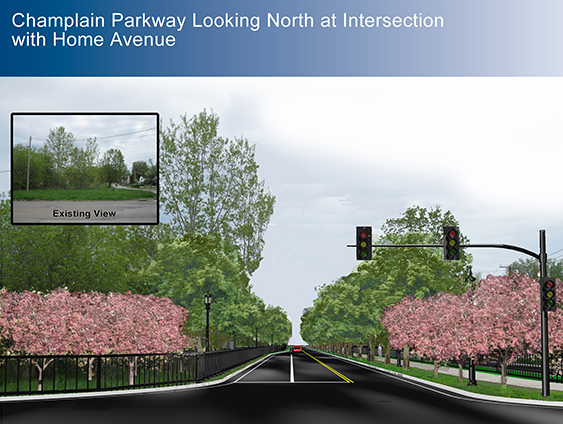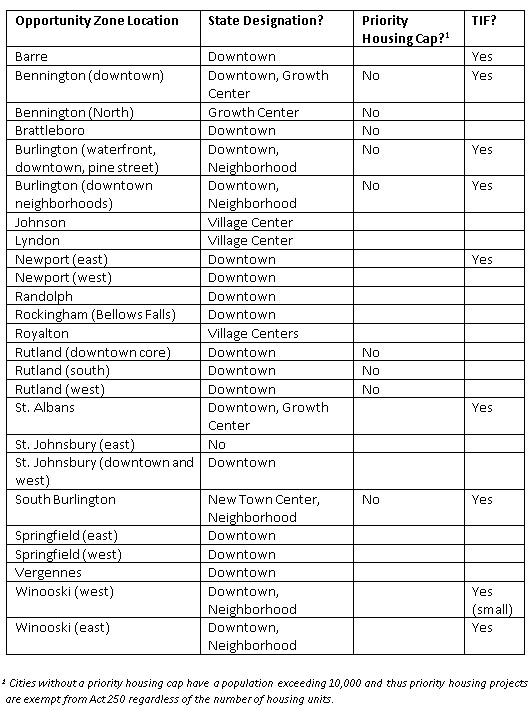 The Vermont Supreme Court has affirmed the dismissal of two separate legal challenges to a ‘Necessity Order’ related to the Champlain Parkway public transportation project in the City of Burlington. The Court issued the decisions (which can be found here and here) on June 19, 2020, finding that two potential challengers did not have standing to appeal the Burlington City Council’s order, which acquired several property easements needed for the Project’s right of way.
The Vermont Supreme Court has affirmed the dismissal of two separate legal challenges to a ‘Necessity Order’ related to the Champlain Parkway public transportation project in the City of Burlington. The Court issued the decisions (which can be found here and here) on June 19, 2020, finding that two potential challengers did not have standing to appeal the Burlington City Council’s order, which acquired several property easements needed for the Project’s right of way.
The Champlain Parkway project is a proposed transportation link connecting I-189 and U.S Route 7 with Burlington’s City Center District. In addition to improving traffic circulation, alleviating capacity overburdens, and improving safety on local streets, the Project will include new shared-use paths, recreational areas, and stormwater improvements in Burlington’s south end.
The Supreme Court’s decisions move the Parkway a step closer to completion, and were just the latest rejecting challenges to the Parkway. In 2015, the Court upheld the Project’s Act 250 land use permit, and in 2018, rejected a challenge to a wetlands Conditional Use Determination issued by the Agency of Natural Resources.
SRH Law attorneys Jon Rose and Brian Dunkiel represented the City in the case before both the Vermont Supreme Court and the Vermont Superior Court, Chittenden Unit.
 Federal agencies continue to pay attention to the marketing claims by cannabinoid (CBD) product marketers, as evidenced by
Federal agencies continue to pay attention to the marketing claims by cannabinoid (CBD) product marketers, as evidenced by  The decommissioned Blodgett Oven factory on Lakeside Avenue in Burlington, Vermont is being redeveloped into a dynamic new tech campus, providing work spaces to new and existing employers in the field of technology. Developer Russ Scully is converting the old factory into a high-tech campus, called
The decommissioned Blodgett Oven factory on Lakeside Avenue in Burlington, Vermont is being redeveloped into a dynamic new tech campus, providing work spaces to new and existing employers in the field of technology. Developer Russ Scully is converting the old factory into a high-tech campus, called 
 and the benefits it could provide for Vermont communities, investors, and developers. While we await the IRS regulations governing the mechanics of opportunity zone investing, we thought it would be a good time to examine how state planning law might affect potential opportunity fund financed projects.
and the benefits it could provide for Vermont communities, investors, and developers. While we await the IRS regulations governing the mechanics of opportunity zone investing, we thought it would be a good time to examine how state planning law might affect potential opportunity fund financed projects. 


